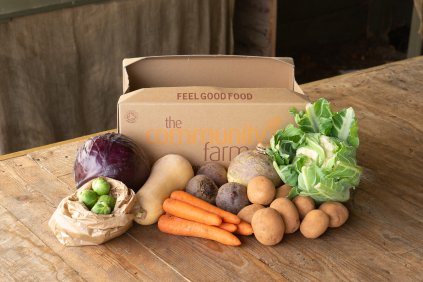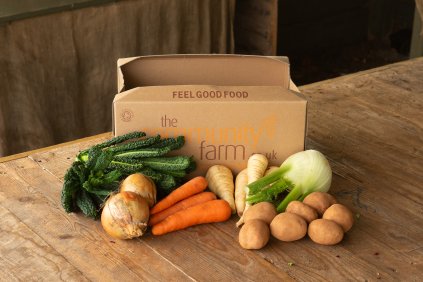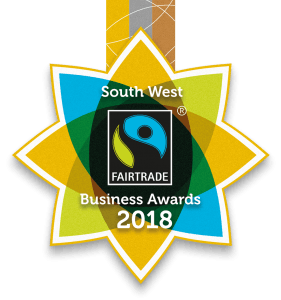Photo by MAH Photographs
By Kim Brooks, Managing Director
I was asked to be part of a panel discussion held by The Soil Association at the Oxford Real Farming Conference (“ORFC”), “Organic Farming: Building Resilience”. The ORFC originated as an antidote to another farming conference lead by large agricultural businesses and industrial farming. It started in 2010, and every January seeks to bring together farmers, activists and policymakers to share information and advice on food and farming systems that seek to fix the broken mainstream food system.
The term “resilience” seems to have replaced “sustainability” and “impact” in the environmental movement. A subtle change in language but which suggests there is something to resist against, a battle to be won.
This is true of organic food and farming; it is an antidote to industrial food and farming systems. But there is also great positivity in the word; a showing of strength, and the idea of building something that lasts.
Environmental resilience
Organic farming originated from the need for environmental resilience in farming. It is a holistic farming system that seeks to not only to produce high quality food, but to benefit the planet, and look after the people, plants and animals within its system. It does this through banning the use of harmful chemicals within the farming system, encouraging natural methods of farming such as crop rotations, and leaving space for wildlife and biodiversity which builds resilience into the farming system.
Conversely, over the past 100 years, industrial farming has focused on monocultures, artificial inputs, increasing farm size and reducing the space for wildlife on farms. Industrial agriculture is the biggest driver of biodiversity decline in the UK. By protecting the land whilst farming, organic farming builds environmental resilience.
Social resilience
Organic certification also builds social resilience into the food and farming system. Organic certifiers, such as The Soil Association, support the organic food and farming movement by creating a community of support for farmers, producers and consumers, as well as advocating for organic farming and developing the organic standards which lets producers use their logo. People can trust that food that has been certified as organic has been produced in such a way that is seeking to benefit the environment.
As well as continuously trying to find ways to produce food in a way that is resilient against ever changing natural factors such as weather and climate change, farmers also have to work with ever changing social factors; the political and economic environment often dictates what they can farm, and how much money they can get. Organic certification provides some protection against these social factors; it provides a certificate of trust that creates a market that has smaller, more transparent supply chains than that of the mainstream commodity-based food market.
Financial resilience
Trust in our food and farming systems can provide financial resilience for farmers and producers too. Shorter, transparent supply chains means that more money flows to the farmers because it isn’t being lost to transporters, packaging, processing, marketing or storage and refrigeration as part of a global chain. Organic certification means that people can trust that those farmers are working to have a positive impact through their farms.
With the global pandemic and Brexit, the past few years have brought stark reminders of the fragility of our food system. For supporters of organic farming, the risk of climate change, biodiversity loss, and the impact of industrial farming has been plain to see for decades. Organic standards, certification and the community it builds has long provided a system to build resilience against these issues. In 2022, the fight is still on to make these systems mainstream.














